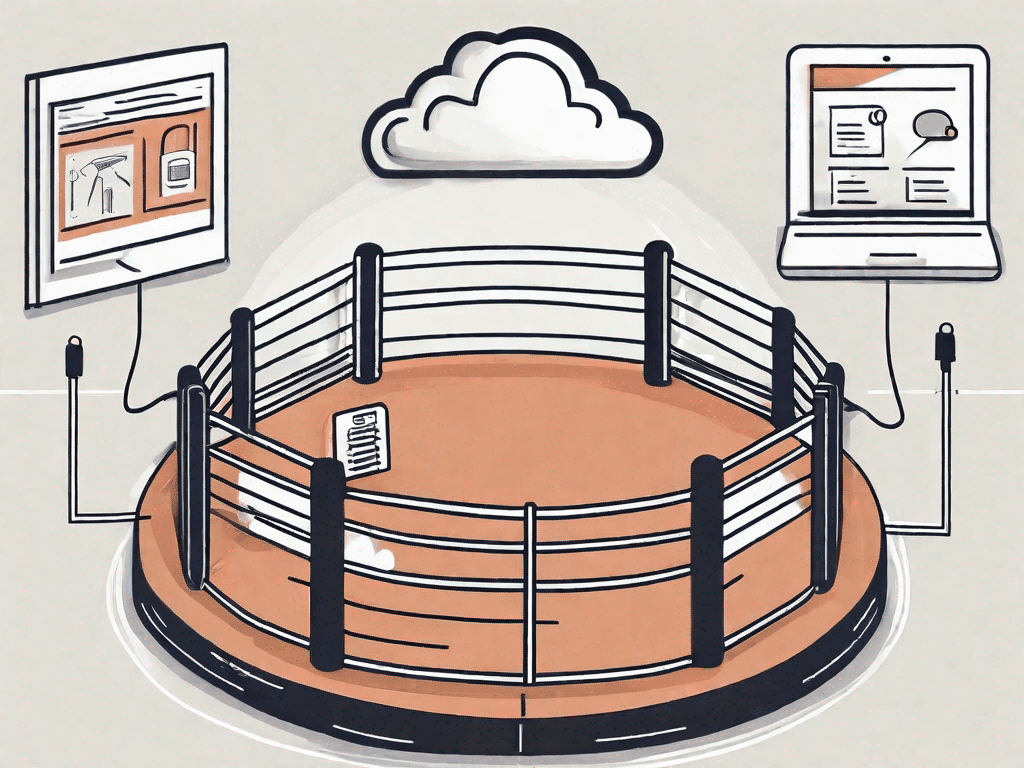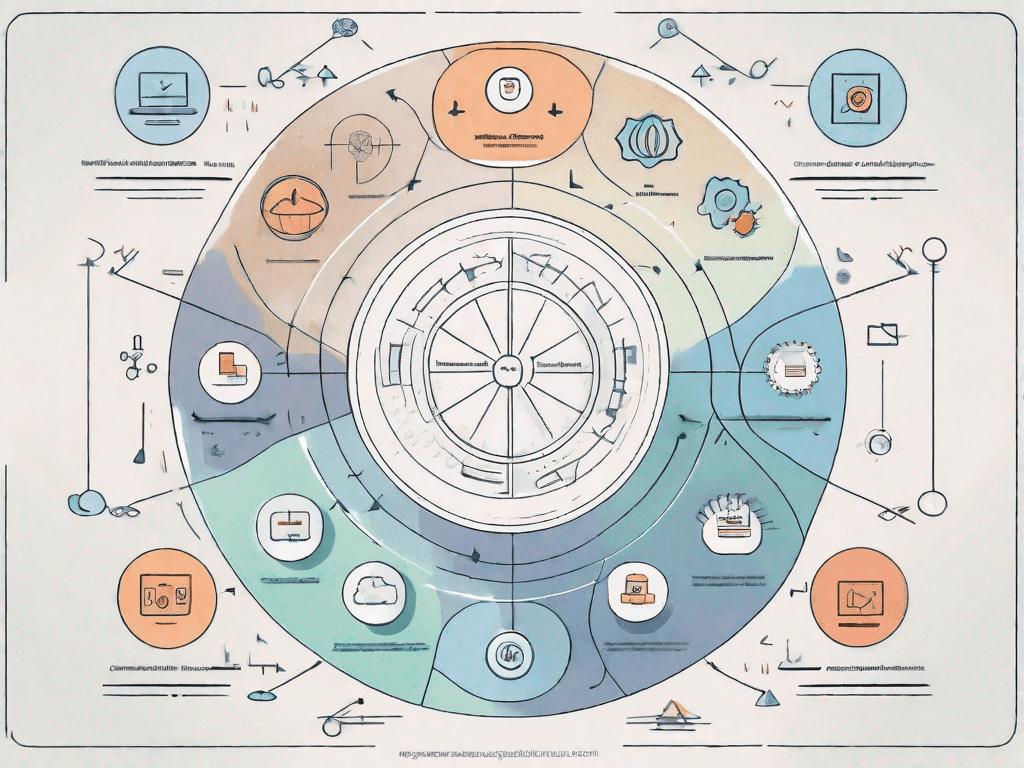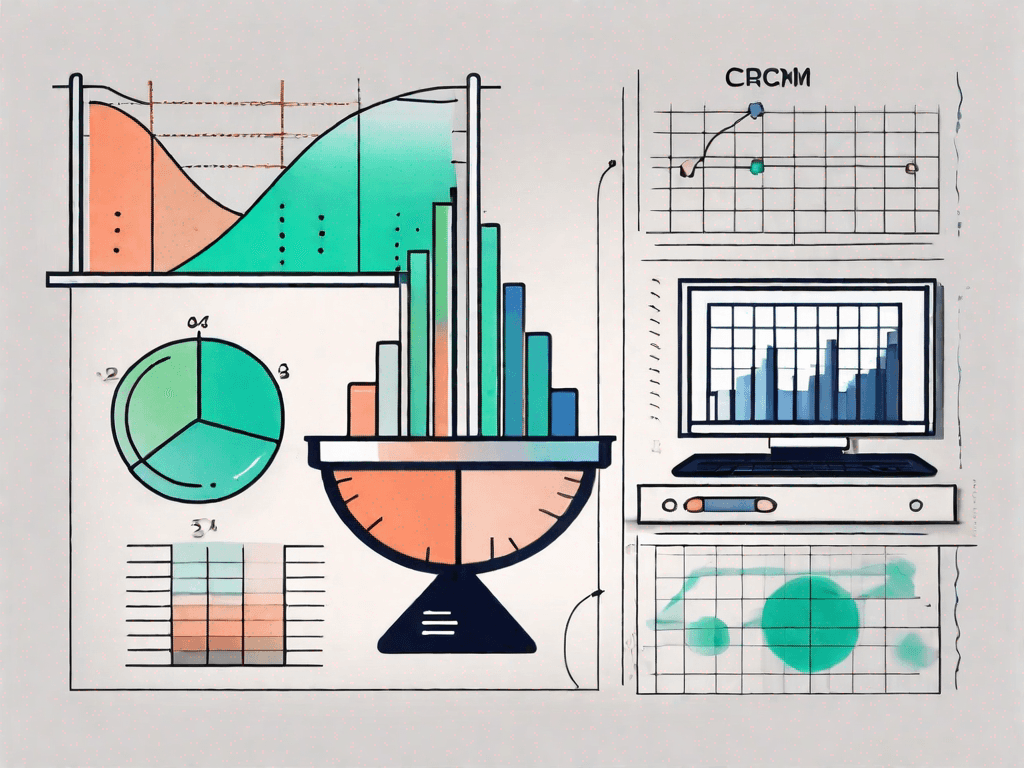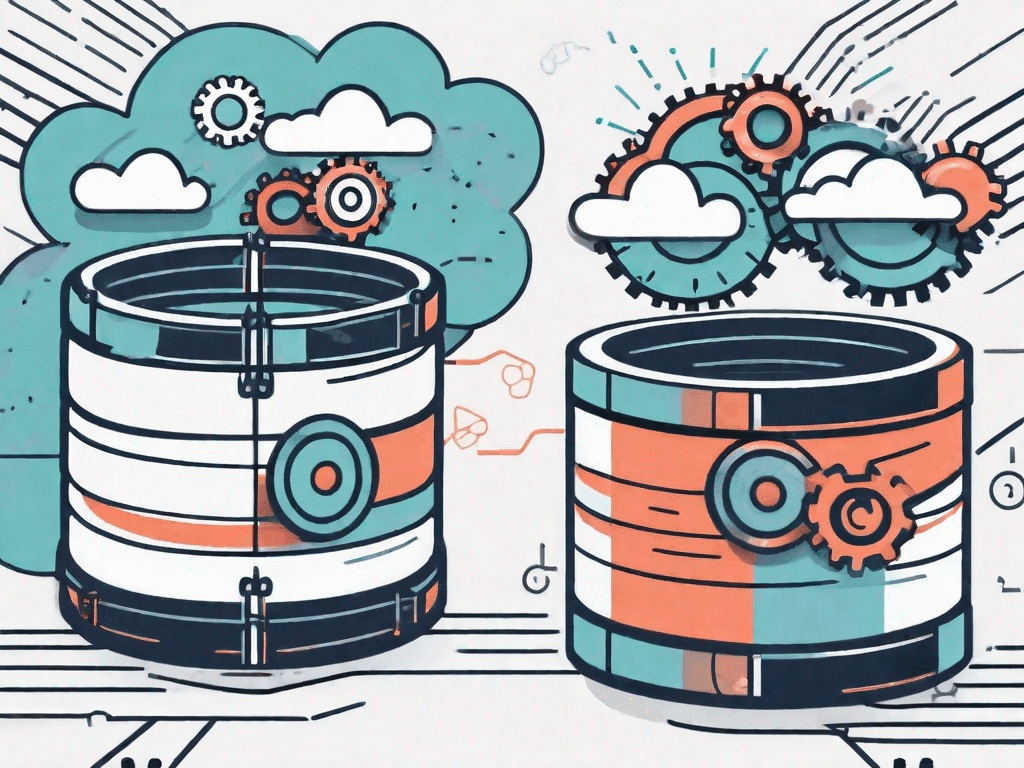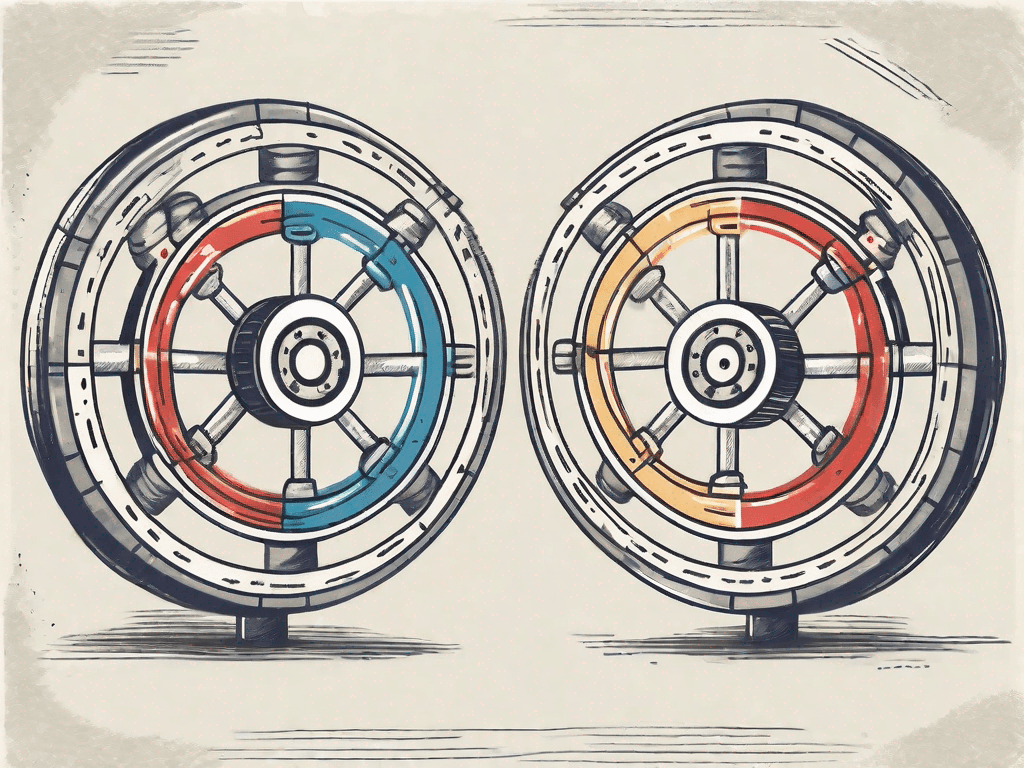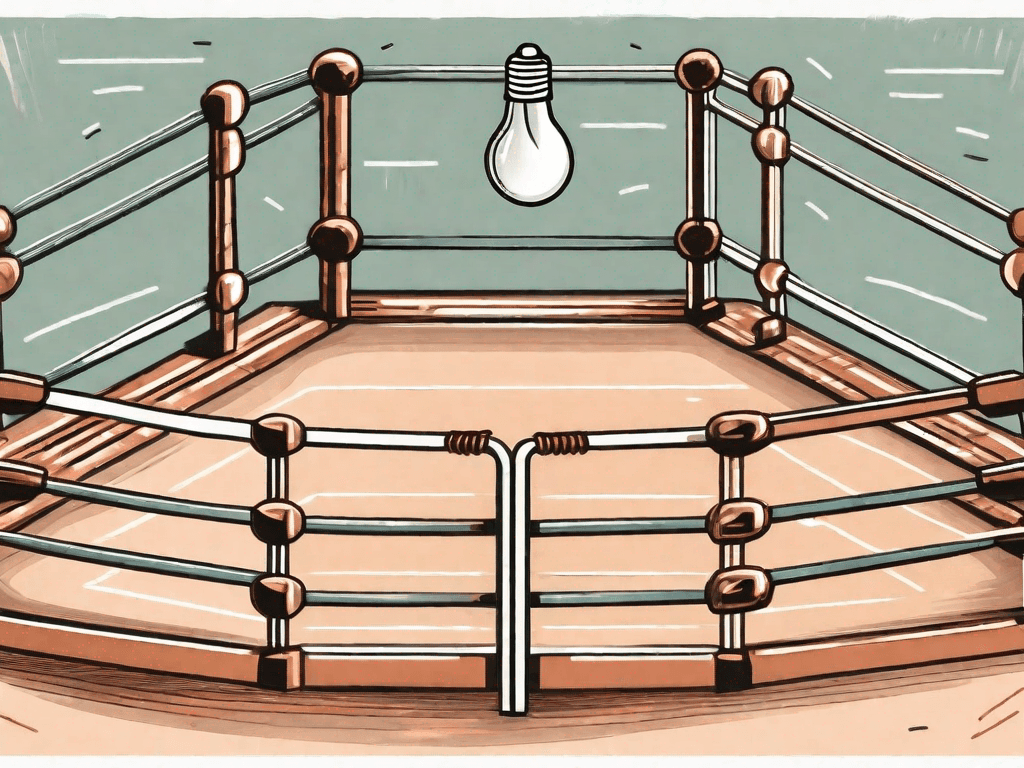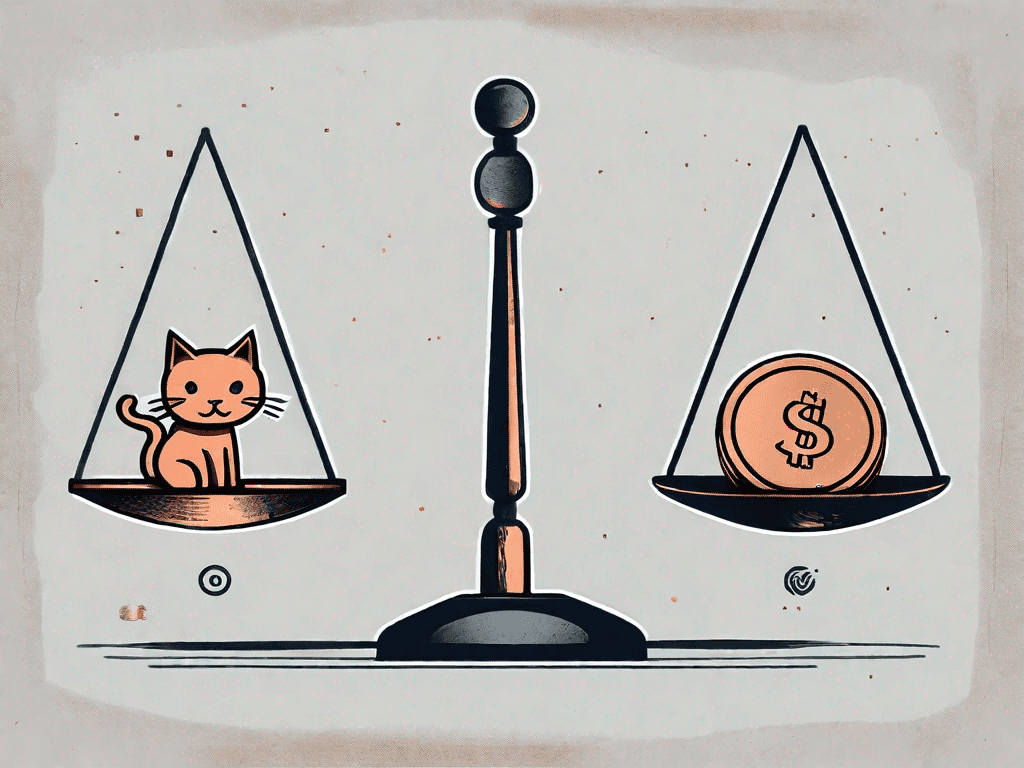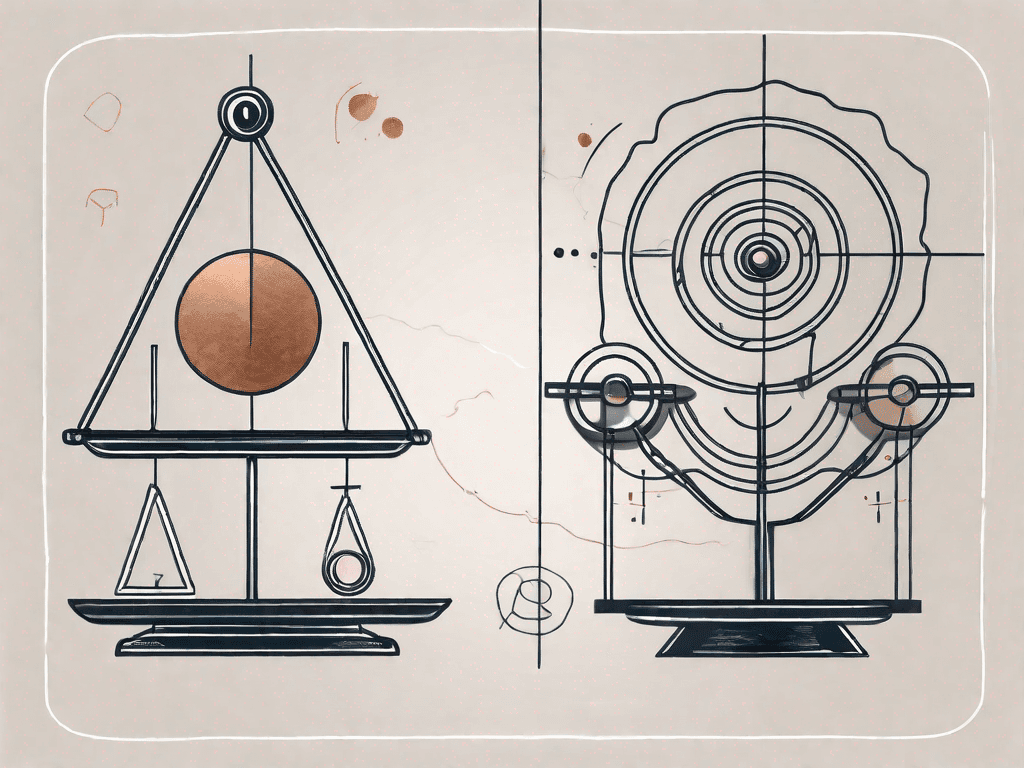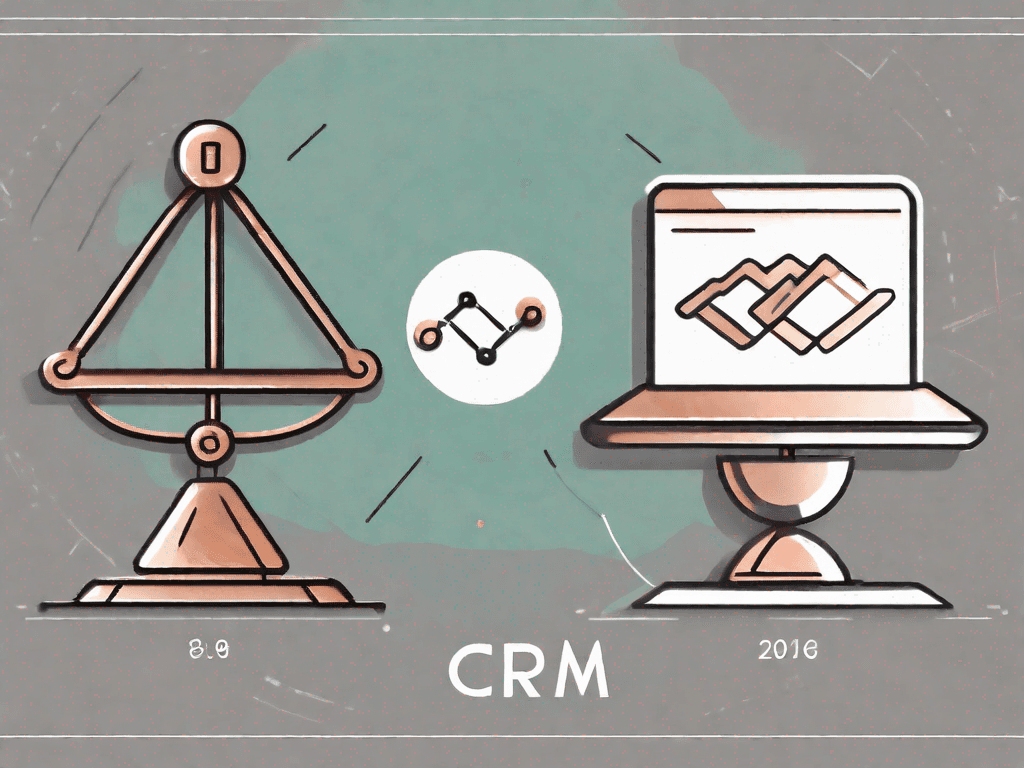
Copper CRM vs Zoho CRM: Which CRM is the Best?
In today's competitive business landscape, Customer Relationship Management (CRM) software plays a vital role in managing customer interactions and streamlining business processes. Two popular options in the market are Copper CRM and Zoho CRM. Each has its own unique features and benefits that cater to different business needs. In this article, we will compare these two CRMs to help you determine which one is best for your organization
Pros and Cons of Copper CRM and Zoho CRM
Copper CRM, formerly known as ProsperWorks, is a user-friendly CRM designed specifically for small and medium-sized businesses. One of its main strengths is its seamless integration with Google applications, such as Gmail and Google Calendar. This integration allows users to manage their customer relationships directly from their email inbox, improving productivity and efficiency.
On the other hand, Zoho CRM offers a comprehensive suite of features that encompass sales, marketing, customer support, and inventory management. Its customizable dashboards and in-depth reporting capabilities provide businesses with the tools they need to track and analyze their sales performance. Zoho CRM also offers integration with other Zoho applications, creating a unified ecosystem for managing business operations.
Copper CRM
With Copper CRM, users benefit from a simple and intuitive interface that requires minimal training. Its contact and lead management features enable businesses to track and nurture their prospects effectively. Copper CRM also provides automated reminder notifications, ensuring that important follow-ups and tasks are never missed.
However, one drawback of Copper CRM is its limited third-party integrations compared to Zoho CRM. While it seamlessly integrates with popular Google applications, it may not offer the same level of flexibility when it comes to integrating with other business tools.
Cons of Copper CRM
Another disadvantage of Copper CRM is its lack of advanced sales automation features. While it excels in contact and lead management, it may fall short for businesses that require complex sales automation workflows. Additionally, Copper CRM does not offer as extensive reporting capabilities as Zoho CRM, which may hinder businesses that heavily rely on data-driven insights.
Pros of Zoho CRM
Zoho CRM provides a wide range of features that are suitable for businesses of all sizes. Its robust sales automation capabilities empower organizations to automate repetitive tasks, streamline their sales processes, and improve overall efficiency. Zoho CRM also offers advanced reporting and analytics, enabling businesses to gain valuable insights into their sales performance and make informed decisions.
However, Zoho CRM does have a steeper learning curve compared to Copper CRM. Its extensive features and customization options may require more time and resources for implementation and training.
Cons of Zoho CRM
One drawback of Zoho CRM is its pricing structure, which can be more complex compared to Copper CRM. Zoho CRM offers various editions with different features and pricing tiers, making it important for businesses to carefully evaluate their needs to choose the most cost-effective option. Moreover, some users may find the user interface of Zoho CRM to be slightly overwhelming, especially if they are new to CRM software.
Key Differences between Copper CRM and Zoho CRM
While both Copper CRM and Zoho CRM serve as effective CRM solutions, they do have key differences that set them apart. Copper CRM is ideal for businesses that heavily rely on Google applications and seek a simple and intuitive interface. On the other hand, Zoho CRM offers a comprehensive suite of features and customization options that cater to businesses with more complex needs and a desire for deeper insights into their sales performance.
How does Copper CRM pricing compare to Zoho CRM?
Pricing is an important factor to consider when choosing a CRM that aligns with your budget and requirements. Let's compare the pricing models for both Copper CRM and Zoho CRM.
Copper CRM Pricing
Copper CRM offers a straightforward pricing structure with three editions: Basic, Professional, and Business. The Basic edition starts at $24 per user per month, offering essential features for small businesses. The Professional edition, priced at $69 per user per month, provides advanced features such as automation and integration capabilities. The Business edition, priced at $119 per user per month, offers additional features such as API access and user management tools.
Zoho CRM Pricing
Zoho CRM offers a range of editions: Standard, Professional, and Enterprise. The Standard edition starts at $12 per user per month and provides core CRM functionality. The Professional edition, priced at $20 per user per month, offers additional features such as sales automation and customization options. The Enterprise edition, priced at $35 per user per month, provides advanced CRM capabilities, including territory management and advanced analytics.
Pricing comparison
When comparing the pricing of Copper CRM and Zoho CRM, it is essential to evaluate the features included in each edition to determine the best fit for your business. While Copper CRM may have a higher starting price, its integration with Google applications may be a significant advantage for businesses heavily reliant on those tools. Zoho CRM, on the other hand, offers more pricing flexibility with its multiple editions and additional features at lower price points.
How do Copper CRM integrations compare to Zoho CRM?
Integrations play a crucial role in extending the functionality of your CRM and integrating it with other business tools you utilize. Let's compare the integrations available for Copper CRM and Zoho CRM.
Copper CRM integrations
Copper CRM offers seamless integration with various Google applications, such as Gmail, Google Calendar, and Google Drive. This integration enables users to leverage their existing workflows and efficiently manage customer interactions directly from their email and calendar. Additionally, Copper CRM offers integration with popular business tools like Slack and Mailchimp to enhance collaboration and marketing efforts.
Zoho CRM Integrations
Zoho CRM offers a wide range of integrations with popular business applications, including Google Workspace, Microsoft Outlook, and Office 365. These integrations allow users to synchronize their data and streamline their workflows across different platforms. Zoho CRM also provides integration with third-party tools such as Mailchimp, QuickBooks, and Zapier, expanding its functionality and enabling businesses to tailor their CRM experience to their specific needs.
Which one is the Best for You?
Choosing the best CRM for your business depends on your unique requirements and priorities. Let's explore which CRM is ideal for salespeople, consultants, and digital marketing agencies.
The Best for Salespeople
For salespeople who prioritize simplicity and seamless integration with Google applications, Copper CRM may be the better choice. Its user-friendly interface and automated reminders ensure sales tasks and follow-ups are promptly addressed. However, if your sales team requires more advanced automation features and extensive reporting capabilities, Zoho CRM may provide a stronger solution.
The Best for Consultants
Consultants often require a CRM that offers comprehensive functionality and customization options. Zoho CRM's robust features, such as sales automation and customization capabilities, allow consultants to tailor the CRM to suit their specific needs. Additionally, Zoho CRM's advanced analytics and reporting enable consultants to gain valuable insights into their clients' businesses and make data-driven recommendations.
The Best for Digital Marketing Agencies
When it comes to digital marketing agencies, the ability to integrate with various marketing tools is essential. Copper CRM's integration with popular tools like Mailchimp can help agencies streamline their marketing efforts and effectively manage customer interactions. However, if your agency requires more comprehensive marketing features, Zoho CRM's range of integrations, including Mailchimp and other marketing tools, may better meet your needs.
In conclusion, choosing between Copper CRM and Zoho CRM depends on your organization's specific requirements and priorities. Copper CRM excels in its seamless integration with Google applications and user-friendly interface, while Zoho CRM offers a more comprehensive suite of features and customization options. By carefully evaluating your needs and considering factors such as pricing, integrations, and industry-specific requirements, you can make an informed decision and select the CRM that best suits your business.









![The 8 Best Social CRM Software in 2025 [Comparison]](https://framerusercontent.com/images/RYHyYapdgIi83BEWtMdX418.png)
![The 6 Best LinkedIn CRM in 2025 [Comparison]](https://framerusercontent.com/images/Luywfni7ZKjb19yghbhNPy4I4qQ.png)




![The 5 Best Twitter CRM [Comparison]](https://framerusercontent.com/images/EWcbvYnVZglJLO8jp3OlHkTvsHo.png)










